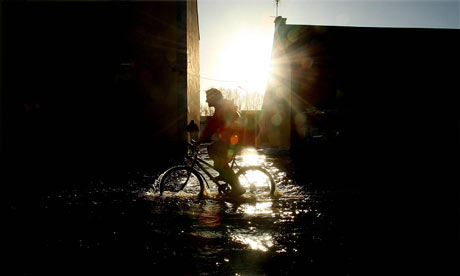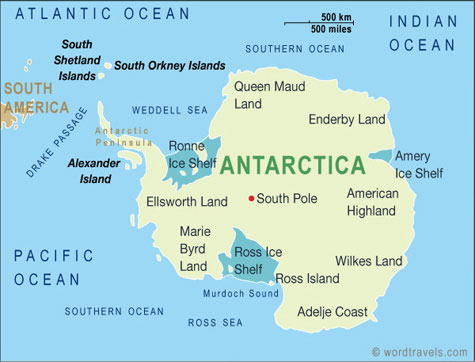
From FOX News:
YouTube, which is already trying out the movie rental business, wants to get into TV too.
Google's video site has been trying to convince the TV industry to let it stream individual shows for a fee, multiple sources tell me.
YouTube already lets users watch a smattering of TV shows for free, with advertising. Now it envisions something similar to what Apple and Amazon already offer: First-run shows, without commercials, for $1.99 an episode, available the day after they air on broadcast or cable.
Read more ....


















